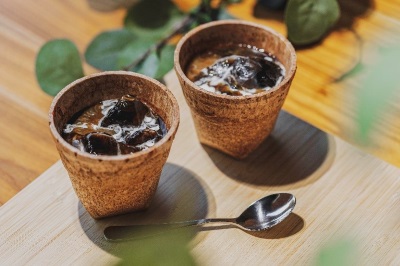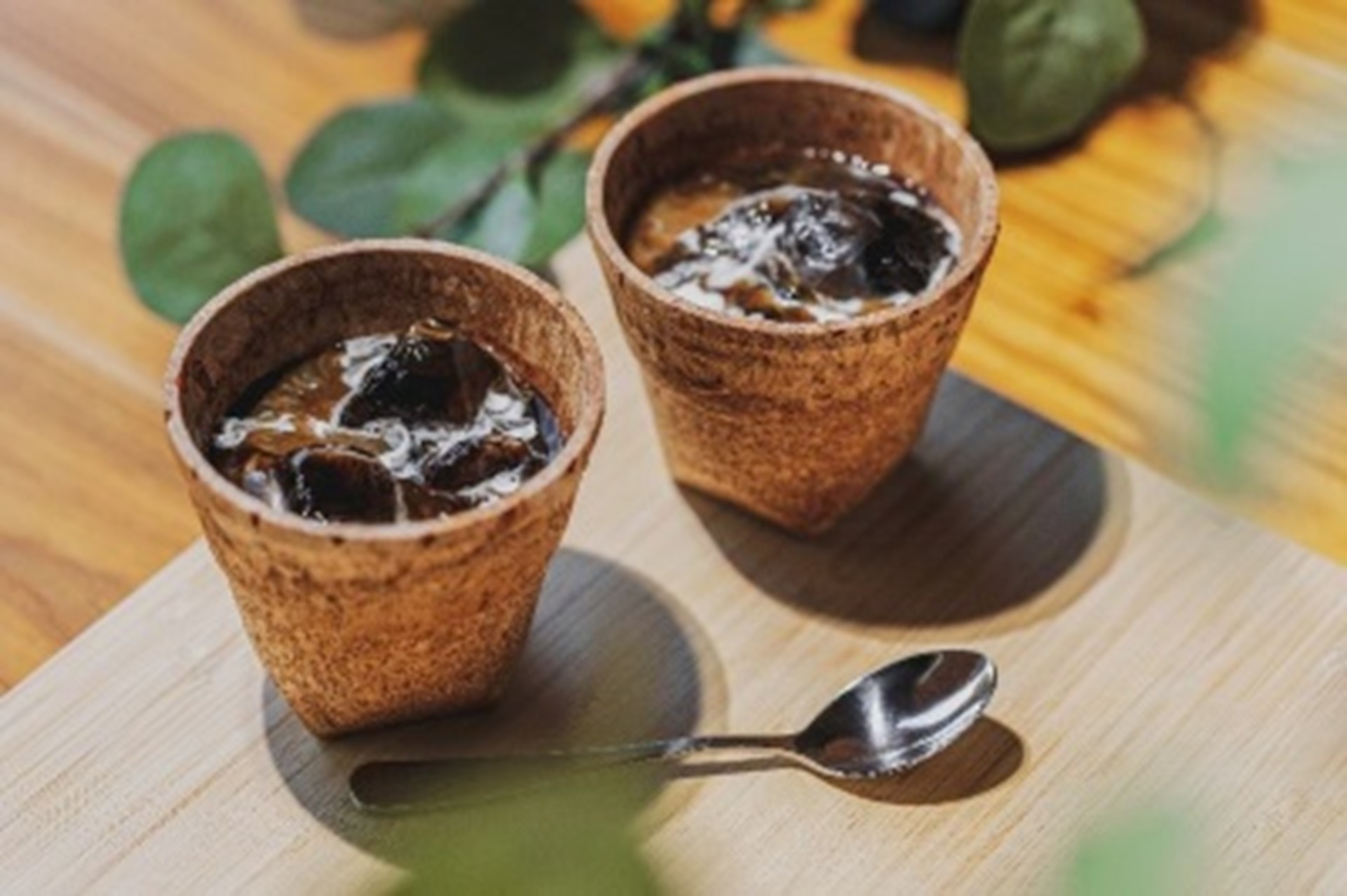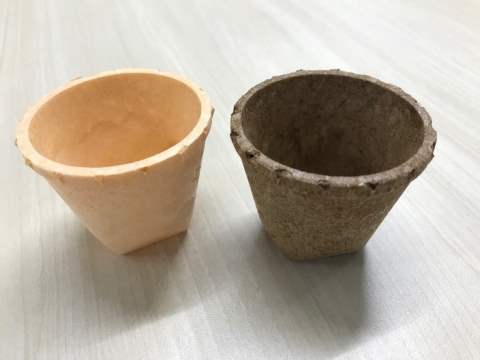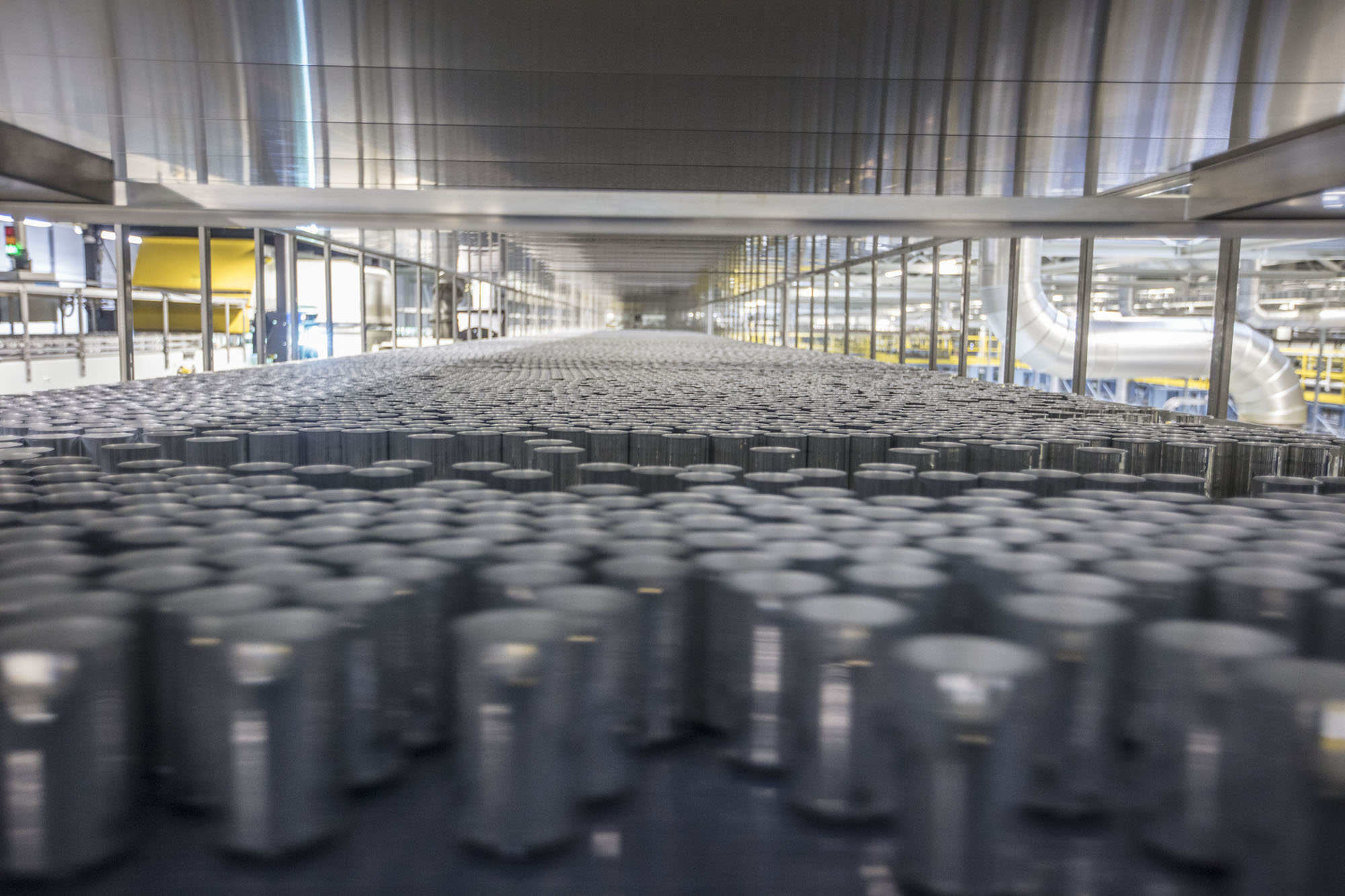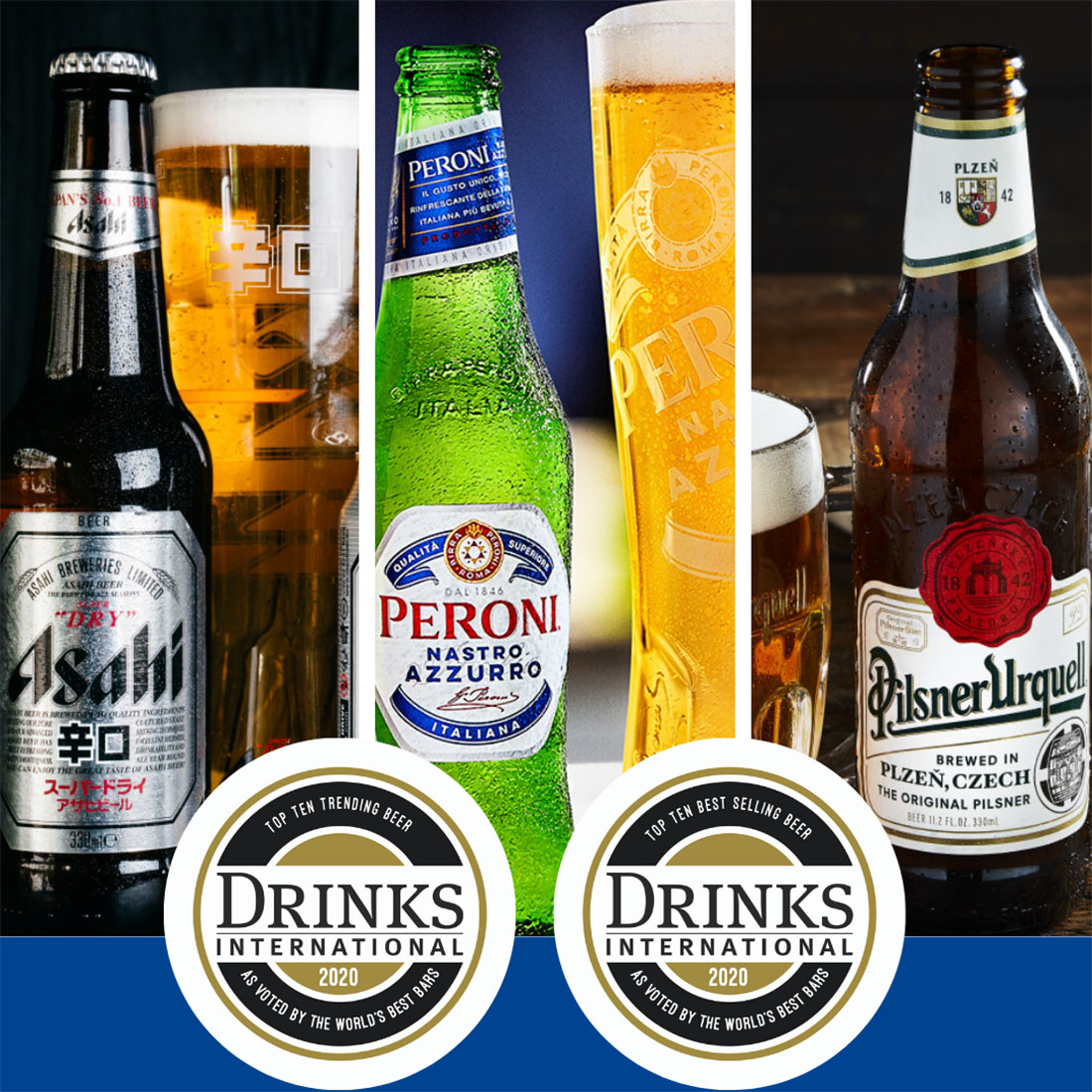The use of disposable plastic is a significant environmental issue worldwide. Increasingly, consumers, organisations, and governments are acting to address it, looking for innovative ways that minimise the impact on the planet.
The use of disposable plastic is a significant environmental issue worldwide. Increasingly, consumers, organisations, and governments are acting to address it, looking for innovative ways that minimise the impact on the planet.
To this end, Asahi Breweries came with the idea of an edible cup 'Mog (munching) Cup'. Why not eat your mug as a delicious snack after you have enjoyed your drink enhanced by the recipient's subtle flavour?
The Mog Cups are made by baking potato starch at a high temperature and pressure. They can hold water at the room temperature water for approximately one hour. The cups are available in three sizes, each coming in three flavours: plain, shrimp rice crackers, and chocolate.
The Mog Cup is an eco-friendly beverage container that offers a new consumer experience with the taste combination between the drink and the recipient.
Asahi Breweries started a pilot to test the new idea in November 2020 at membership-based co-working spaces and restaurants in Tokyo. Asahi will use the Mog Cup in combination with various drinks to confirm its use and capacity to hold liquids. Users' impressions and feedback on the product will also help to improve the edible recipient.
The Mog Cup is another example of how we strive to build a sustainable society by proposing a new food consumption-style that replaces the disposable containers with eco-friendly, naturally recyclable food containers.
